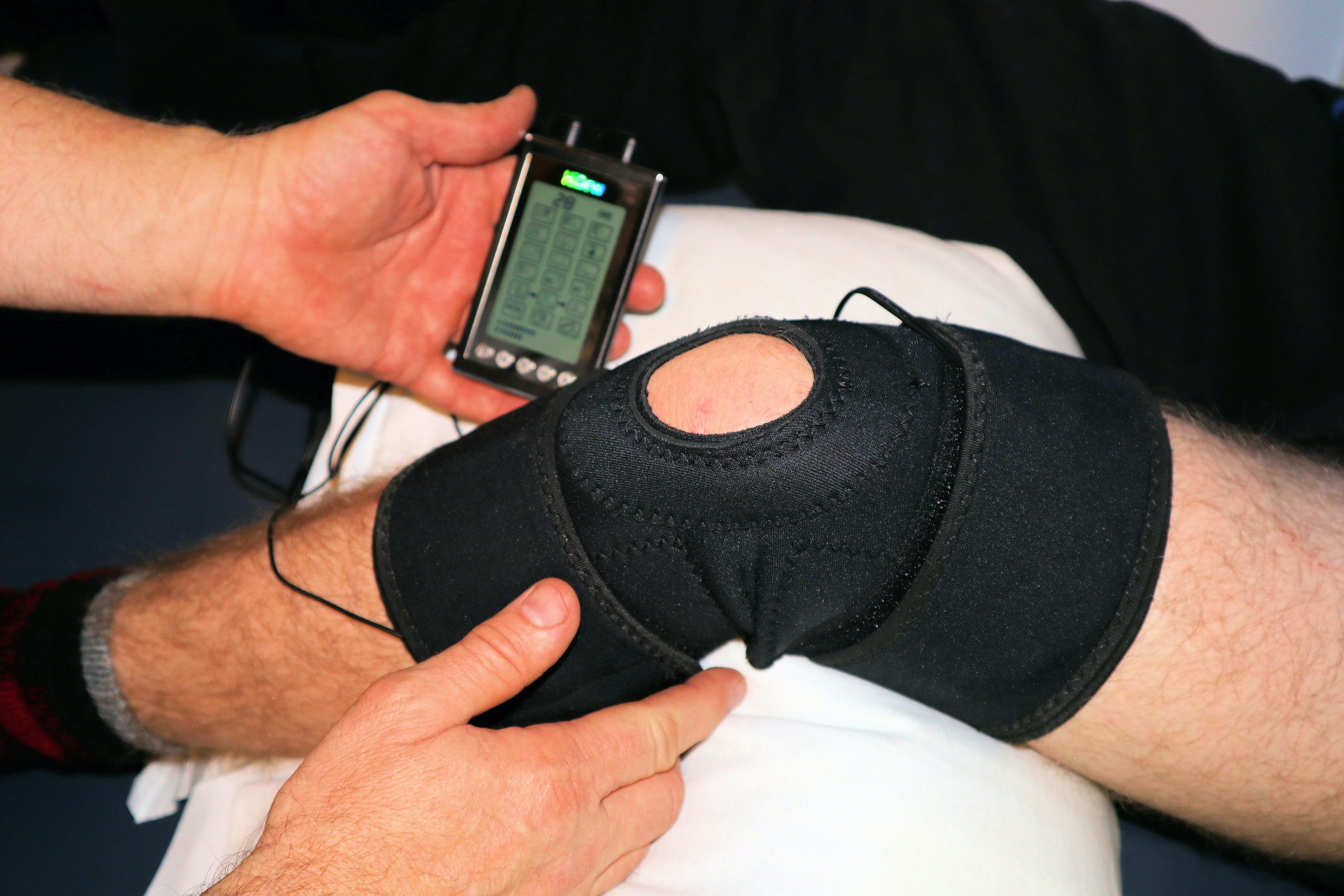

How to identify common signs of cartilage damage


Effective Ways to Restore Knee Cartilage Without Surgery




Knee Cap cartilage repair and regeneration are essential procedures for patients suffering from cartilage damage, which can arise from wear and tear, repetitive sports activities, or traumatic injuries. At London Cartilage Clinic, we specialize in cutting-edge treatments, including keyhole or arthroscopic surgery, to address knee cartilage damage with minimal impact on other knee structures.
Knee cartilage repair is crucial when cartilage damage in the knee joint affects your range of motion and daily activities. This type of surgery is recommended when less invasive methods, such as injections and physiotherapy, have not improved symptoms. Our clinic’s approach is tailored to individuals who are active and have localized cartilage damage.
At our clinic, we employ a range of advanced surgical techniques for cartilage repair. Arthroscopy, a minimally invasive key hole procedure, is frequently used for cartilage reattachment or removal. For extensive cartilage damage, we utilize liquid cartilage techniques to encourage cartilage regeneration, and mosaicplasty (OATS) for transplanting osteochondral grafts to repair defective zones. We also offer ACI, MACI, and STACI techniques. In more severe cases, open surgery might be necessary, using cartilage scaffolds and allografts combined with Mesenchymal Stem Cells (MSCs) and growth factors to achieve both repair and regeneration of the cartilage.
Recovery from knee cartilage surgery is an essential part of the treatment process. We recommend physiotherapy to restore knee flexibility and muscle strength. The recovery timeline varies, with most patients returning to normal activities within three to six months post-surgery.
Non-surgical treatments, including physiotherapy, NSAIDs, and injections, are available and can be effective for managing symptoms of cartilage damage.
Recovery can take up to six months, with a gradual return to physical activities. Physiotherapy plays a vital role in regaining strength and mobility.
While generally safe, risks include joint stiffness, inflammatory reactions, haematoma, infection, blood clots, and potential revision surgery for graft mobilization or displacement.